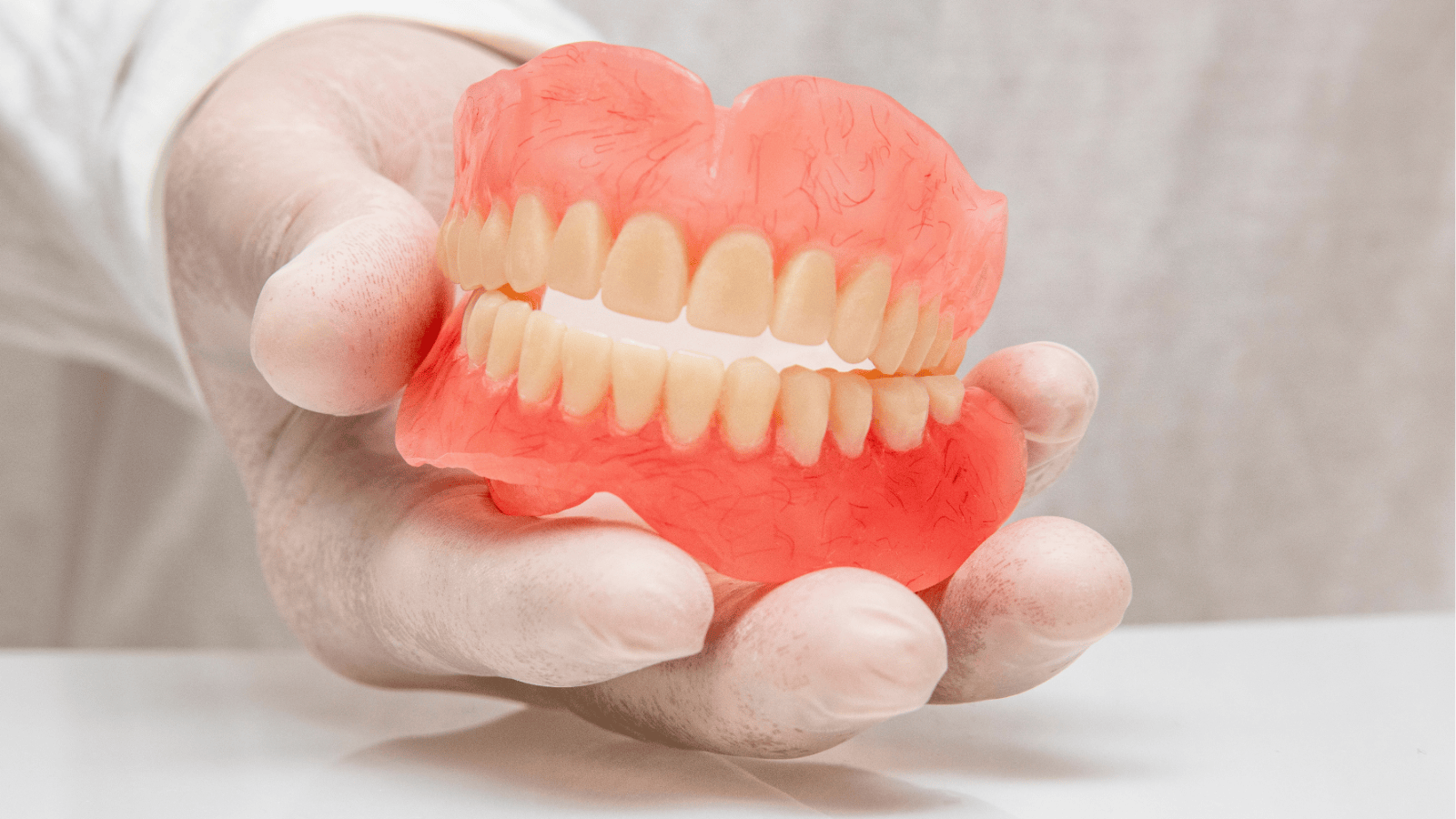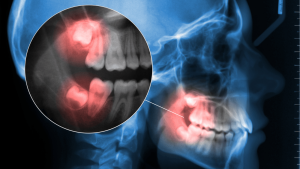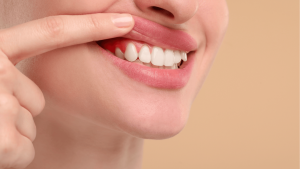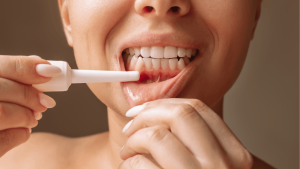Think about the last time you smiled without hesitation. It felt like that little spark in your eyes. Now imagine if missing teeth made you rethink that smile every time. Whether you have lost a few teeth or all of them. The road to restoring your grin often leads to dentures. But here’s the million-dollar question: Should you go for complete dentures or partial dentures? It’s a pretty common dilemma. With so many choices around. It’s no surprise if you feel a bit lost. In this guide, we will break down the basics of complete and partial dentures and compare their pros and cons. And investigate how to pick the best course of action for your circumstance.

The Direct Response
When all of your natural teeth are lost. Complete dentures provide a whole set of replacements. Partial dentures fill in just the gaps where some teeth are missing.
If you are missing every tooth on your upper or lower jaw or both, complete dentures are the way to go. They work like a full cover that rests on your gums. The partial dentures, on the other hand, fit over your remaining healthy teeth. It helps keep things from shifting by filling in the gaps.
The number of lost teeth and the general condition of your mouth will largely determine which option is best for you. However, comfort, cost, convenience of use, and appearance are all important factors to take into account.
Deciding between the two depends mostly on how many teeth you have lost and the overall health of your mouth. But there’s more to consider than just counting teeth comfort, appearance, ease of use, and cost all play big roles, too.
Comprehending Full Dentures
Consider that you are toothless. You now require a full replacement. Custom-made prostheses known as complete dentures can replace all of your upper, lower, or both of your teeth. Usually composed of acrylic resin, they are intended to resemble real teeth.
Your gums and the underlying bone are where they rest. They may initially seem heavy or bulky. But over a few weeks, most people adjust. Since they rely on suction and the shape of your gums, sometimes adhesive is needed for extra hold.
You remove them daily for cleaning and overnight soaking. Complete dentures aren’t just about function. They are about restoring confidence and speech.
Partial Dentures Explained
Now, picture this. You have lost a few teeth scattered around your mouth. But most of your natural teeth are still in place. That’s where partial dentures come in.
Partial dentures are like a puzzle piece. They attach to your existing teeth with metal or flexible clasps and fill in the gaps left behind. The base is often made of acrylic or a lightweight metal framework.
The clasps hook onto your natural teeth. It helps hold the denture in place. Some partial dentures can be removed easily. Others are designed to be more permanent. Partial dentures help keep your remaining teeth aligned by preventing unwanted shifting. Like complete dentures, partials are removable for daily cleaning.
Partial dentures tend to be less invasive and easier to get used to. Especially if you are only missing a few teeth.
How To Choose The Right Denture For You?
Your choice isn’t just about what fits your mouth. It’s about lifestyle, budget, and your oral health goals. Ask yourself:
- How big is the gap left by your missing teeth?
- Are the teeth you still have strong and in good shape?
- What’s your budget for dental prosthetics?
- How do you feel about the routine care that comes with it?
- How would you like your teeth to appear?
For example, someone missing all upper teeth but with healthy lower teeth might opt for a complete full denture and a lower partial denture. A blend customized to their needs.
Don’t forget to talk with your dentist or prosthodontist. They will take X-rays. They analyze the state of the gums and bones. They help you understand all options. Sometimes, even suggesting implants along with dentures for better fixity.
Transitioning to Life with Dentures
Getting used to dentures is never an overnight thing. It’s normal to feel your tongue bumping against the new fake teeth or your speech slightly slurring at first.
Try reading out loud to speed up adjustment. Have soft foods ready while your mouth adapts. In the beginning, stay away from hard or sticky objects.
One helpful tip? Keeping a backup set of dentures is a lifesaver. You won’t be left without teeth if yours breaks or falls out.
Concluding Remarks
Dentures, whether whole or partial, can restore smiles that brighten spaces. The ideal option for you will depend on your particular dental health and lifestyle objectives, whether you need a complete set or only to fill in certain gaps. Ask lots of questions. Get a professional opinion. And imagine that first confident smile in the mirror. Keep in mind that Popup Smiles is always here to assist you. They offer customized dentures that feel just like your real teeth, only better. Are you ready to grin once more? Contact Popup Smile today and start your journey to a comfortable, beautiful new you!
FAQs
Can I change from partial dentures to complete ones later?
You can. If you need more teeth removed or decide to get a full set later, moving to complete dentures is a usual process. It needs proper planning and time for healing.
How long can you expect dentures to be effective?
Typically, dentures can last from 5 to 10 years. As time goes on, your gums and bone structure will change. So, making adjustments or getting replacements is necessary for the best fit.
Do you have alternatives to wearing regular dentures?
Yes! Implant-supported dentures or dental implants provide a more stable and sometimes permanent alternative. They come at a higher cost and require surgery.






